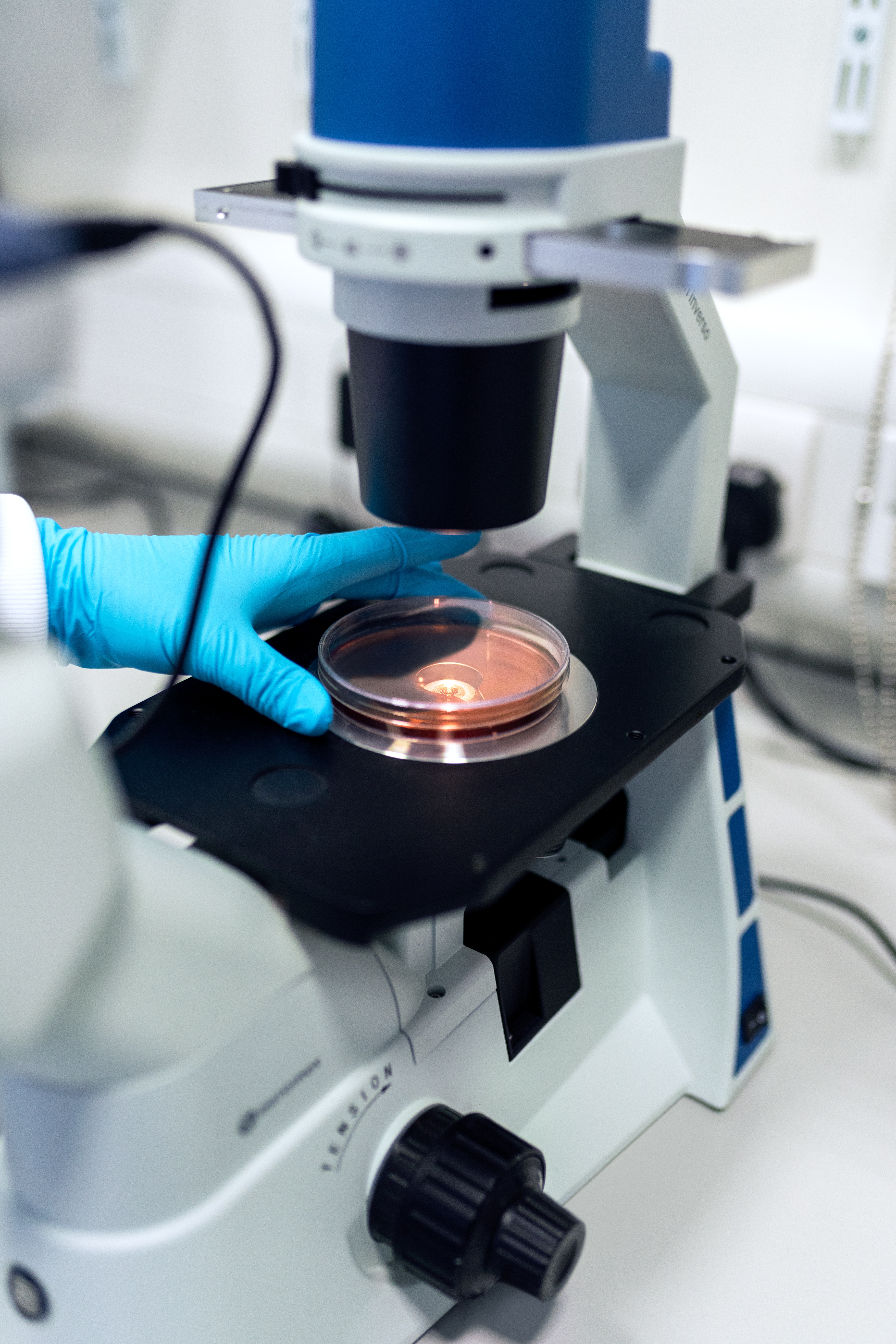Stockholm3, a revolutionary blood-based test, significantly improves the accuracy of predicting aggressive prostate cancer. By leveraging large patient registers and biobanks, the Stockholm3 test reduces unnecessary biopsies by 50% and detects aggressive cancer even in men with low PSA values. This collaborative project, led by Martin Steinberg at Karolinska Institute, underscores the pivotal role of biobanks in the development of the Stockholm3 test, which was successfully deployed in clinical settings within a remarkably short span of four years.
Aim and Background
The aim was to create a more accurate prostate cancer test, minimizing unnecessary biopsies and enhancing detection of aggressive cancer. Collaborating with a biobank and health data registry was crucial for accessing comprehensive patient data and establishing a framework for test development. The project involved multiple stakeholders, including researchers, clinicians, and the Karolinska Institute. The expectations were to create an effective test that could transform prostate cancer diagnosis.
The Scientific Challenge
The project focused on investigating prostate cancer diagnostic methods to address existing limitations. The aim was to overcome the deficiencies of traditional PSA tests by identifying novel biomarkers and markers that could accurately predict the risk of aggressive prostate cancer. Before the project commenced, crucial knowledge gaps existed regarding which markers were most effective for accurate diagnosis. The successful answers sought in this project would revolutionize prostate cancer testing and help identify the best markers for the Stockholm3 test.
Execution
The project was executed by leveraging patient registers and biobanks in Stockholm. The development team analyzed extensive data from 500,000 men, combining records from the Stockholm PSA and Biopsy Register with detailed cancer information. The team conducted retrospective studies using biobank samples to identify promising markers, reducing the development timeline from several years to just months. An algorithm was then developed and fine-tuned through prospective studies involving over 11,000 and 47,000 participants, respectively. The collaboration with the biobank enabled efficient sample withdrawals and ensured the integrity of the collected specimens.
Results
The results of the project culminated in the Stockholm3 test, which outperforms traditional PSA tests by significantly reducing unnecessary biopsies and accurately detecting aggressive prostate cancer. The test utilizes 5 plasma biomarkers, around 100 genetic markers, and 5 clinical markers to predict cancer risk. The collaboration with the biobank proved instrumental in achieving these outcomes, enabling fast withdrawals and maintaining high sample integrity. The Stockholm3 test is now in clinical use across several European countries, and the project has also generated additional resources, including a new AI-supported tool, OncoWatch Image, aimed at enhancing pathology assessment.
The experience of working with a biobank and health data registry was highly positive, as access to comprehensive patient data and well-maintained biobank samples significantly expedited the development process. Martin Steinberg encourages other companies to collaborate with biobanks, emphasizing their role in accelerating research, facilitating efficient sample withdrawals, and ensuring high-quality data. The success of the Stockholm3 project underscores the immense potential of such collaborations in advancing medical diagnostics and patient care.



